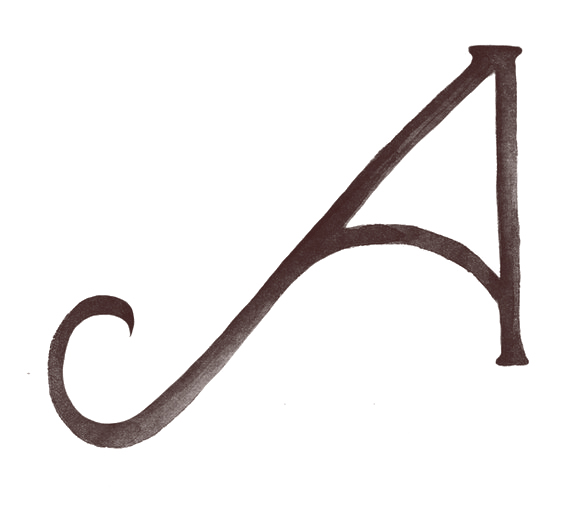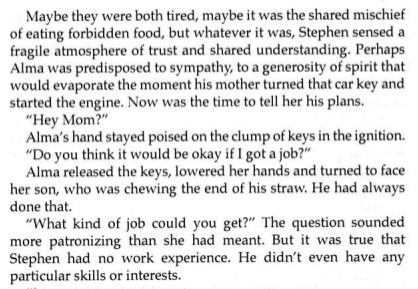How to hire a good copy editor
The three stages of editing are each as important as the other.
Without a solid structure stories don’t flow. Without an effective proof read, the reader is too annoyed by pesky mistakes to fully embrace our characters, believe our plots or be captivated by our prose.
But it’s the copy edit – the edit in the middle – that I’d like to draw attention to because I think it takes the most skill. It certainly takes the most time.
Also known as line editing, the copy edit involves reading each word, each sentence, each paragraph, and interrogating their position, relevance and effect on meaning, rhythm and voice.
The copy editor must understand the writer’s intention for the work; otherwise their feedback is not well founded. The copy editor has to keep one eye on the structure so that their advice is true to the story. The copy editor has to keep the other eye on the nitty-gritty (punctuation, paragraphing and grammar choices normally the domain of the proof reader) to ascertain where issues of rhythm, flow and meaning are coming from.
And yes, most people will have run out of eyes by now … Somehow a good copy editor has one eye on structure, one eye on the words and can still read the story … Pure brilliance!
Many writers are afraid that in the process of refining grammar or punctuation an editor will change their voice. Writers often believe that editors have their own agendas. Perhaps this is sometimes the case. But the best editors discover the writer’s strengths and play to them.
This copy-editing process is often liberating for the writer as they learn how to address weak points and grow their natural gifts. Dialogue becomes more authentic. Scenes become richer. Thesaurus words* become few and far between.
A good copy editor is worth her weight in gold. We’re rare. It takes maturity, enthusiasm, a strong sense of story and a keen ear for rhythm.
Three questions to ask to check if you’re hiring a good copy editor:
Do they have experience in line (aka copy) editing? (Not just proofing.)
Is their website’s prose elegant, clear and meaningful in a way that you relate to?
When you contact them, do they ask to read a sample of your work? Or are they only focused on the word length and the deadline? (The latter suggests they don’t understand the importance of your unique voice.)
Please see below two examples of copy edits I've performed for authors recently. (Thank you Darcy and Yannick for generously accepting to bare your early drafts as well as the completed prose.)
Copy edit example one
Chapter 2 excerpt from As Long As She Lives by Darcy Conroy. It will be available soon in print and eBook. You can find out more at Darcy’s blog, The Narrative Disorder of Darcy Conroy.
Copy edit example two
Chapter 3 excerpt from As Long As She Lives by Darcy Conroy.
Copy edit example three
Before and after segment examples from Yannick Thoraval's first novel, The Current, which is available through Readings Bookstores.
May your words pour onto the page,







